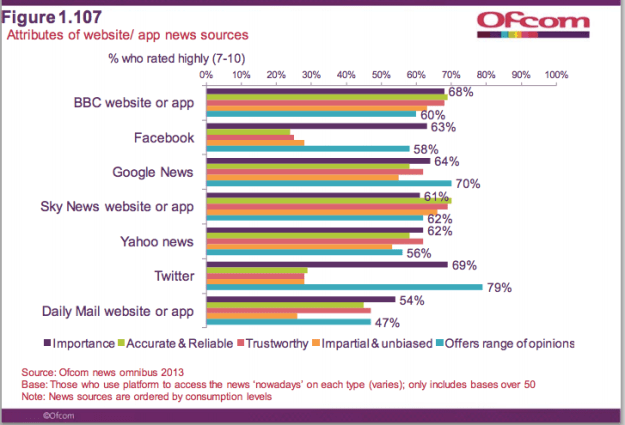Truth, they say, is the first casualty of war. Or, as an academic might put it:
“Professional journalism takes the nation as its unit of analysis, which [means] journalists employ ‘‘closed’’ language with respect to international issues when the nation is perceived as threatened, encouraging the citizen to read world events and issues from ‘‘our’’ point of view.”
This is the scene set at the start of Robert L. Handley‘s research into collaborative cross-border journalism. Handley wants to tackle the question of whether “global journalism” can result in the more objective outlook that its proponents hope for.
The partnerships that sprung up around Wikileaks‘s warlogs and cables provide an ideal way to explore that.
Europe vs the US
The overriding finding of Handley’s research is a difference in how European and US newspapers handled the Wikileaks material. European papers, he argues, “behaved as loyal to the nation-as-citizen and, more broadly, to citizens-wherever,” but the reporting of US partner The New York Times “demonstrated a loyalty to nation-as-official.”: Continue reading →


